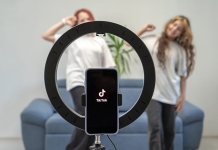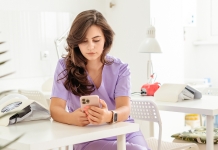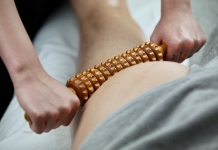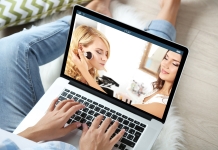Coronavirus advice for beauty salons, hairdressers and spas
Initial Medical’s Rebecca Waters offers advice on preventive measures to reduce the chances of transmitting Coronavirus (COVID-19) between salon staff and clients.
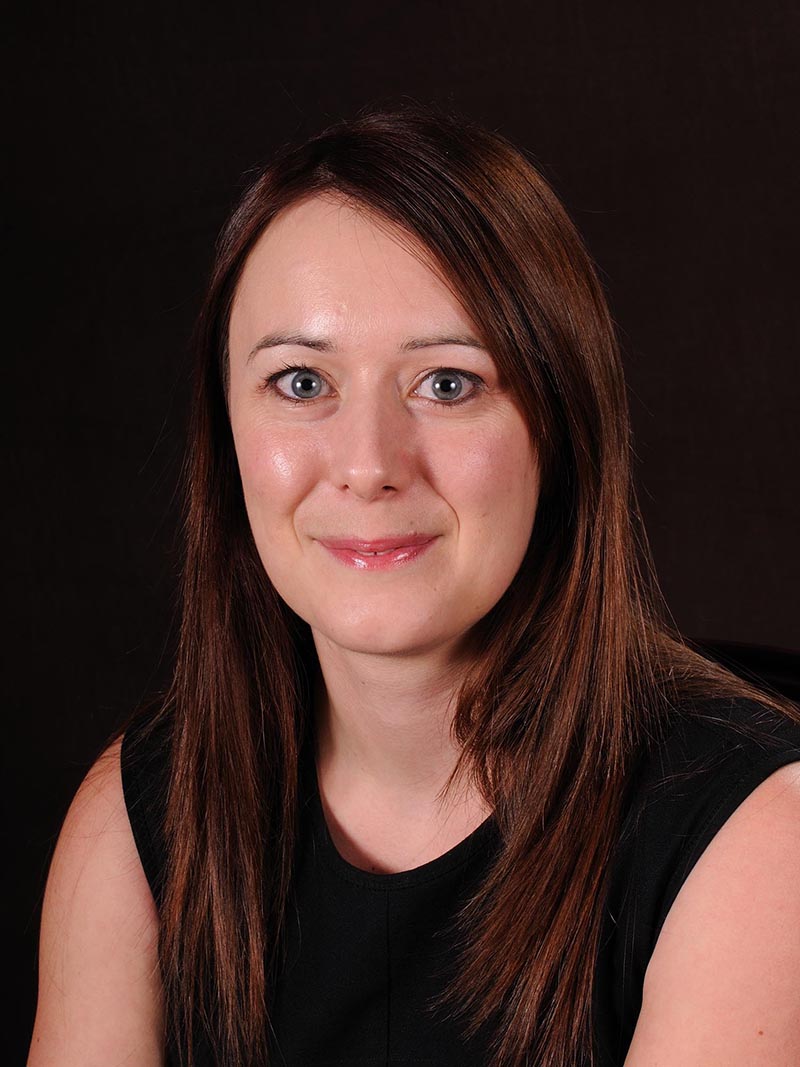
Are you worried about Coronavirus (COVID-19) and how this might spread in your hair salon, beauty salon or spa?
In response to the recent disease outbreak, it's more important than ever to ensure that staff know how to take appropriate preventive measures in order to reduce the chances of this virus transmitting between clients and staff alike.
Disease transmission
COVID-19 is mainly transmitted by respiratory droplets (when coughing or sneezing) or through contact with any contaminated surfaces, which could include objects such as door handles. Due to the airborne nature of these droplets, the disease can spread very easily. However, good infection control protocols can significantly reduce the chances of the virus spreading.
Equipment you need
As you regularly work in close contact with clients, your employees should have the following items available in the workplace:
- Hand hygiene supplies including freely available access to good quality soap and hand drying facilities for both staff and customers
- Gloves with long, tight-fitting cuffs
- Disposable, fluid-resistant, full-sleeve coverings for when at work
- Eye protection, for example, single-use goggles
- Clinical waste bags
- General-purpose detergent and chlorine based disinfectant solutions.
Hand hygiene
Hand hygiene is especially important during this time. The virus is easily transmitted via people touching each other's hands or by touching contaminated surfaces. As such, regular hand washing with a good quality soap followed by a good quality hand sanitiser or disinfectant is an effective way to reduce the risk of transmission.
Here's a guide on how to wash your hands properly:
- Wet your hands with clean, running warm water, turn off the tap, and apply soap.
- Lather your hands by rubbing them together with the soap. Lather the backs of your hands, between your fingers, and under your nails.
- Scrub your hands for 20-30 seconds – the length of time it takes to hum or sing the “Happy Birthday” song from beginning to end twice.
- Rinse your hands well under clean, running water.
- Dry your hands thoroughly.
You should also be aware that wearing gloves and disposing of these between treatments is another effective way to limit the spread of the virus. You may also want to offer clients hand sanitiser when they come through the door, this way you can prevent any new germs entering the premises.
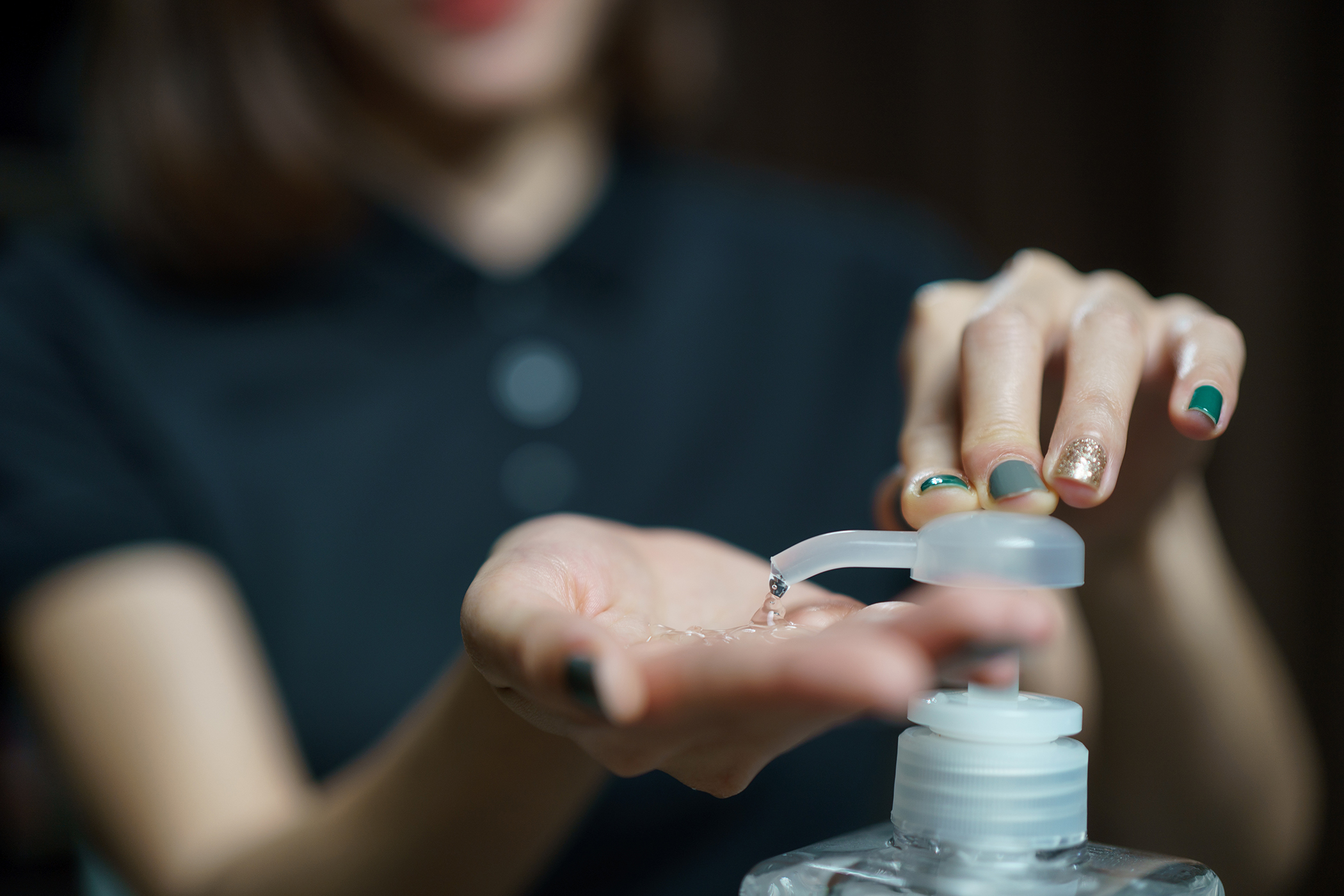
All surfaces in your business should also be disinfected regularly (minimum daily), especially those which have had client contact. Sprays, wipes and other cleaning products are all effective but you should find a solution that offers lasting protection, such as the Steri-7 (RTU and Concentrate) hard surface sanitiser.
This product has been shown to kill 99.9% of viruses when tested against Coronavirus* and its Reactive Barrier Technology prevents further viruses and bacteria recolonising the treated surface for up to 72 hours.
Keep yourself and clients safe!
It's not unusual to have concerns about treating clients during a viral or disease outbreak. As long as you keep your workplace regularly disinfected, follow exceptional hygiene standards and encourage your clients to do the same, you can considerably lower the risk of the COVID-19 spreading.
Further useful information can be found on the
WHO and
Government websites.
Rebecca Waters is Category Manager at Initial Medical, an expert in healthcare waste management. She has worked in the Healthcare sector for the past 17 years and was a Research Chemist with Bayer Cropscience prior to joining Rentokil Initial in 2003. Rebecca keeps up to date on all developments within the clinical waste management industry and is an active member of the CIWM, SMDSA and BDIA.
* Independently tested against feline coronavirus, a surrogate virus for human coronavirus.
